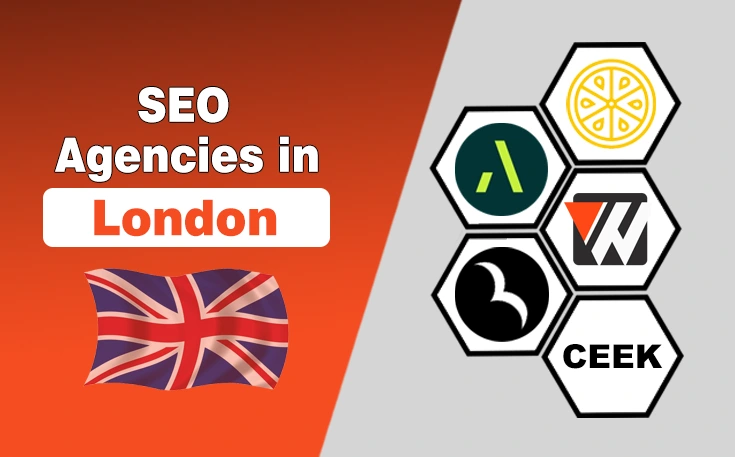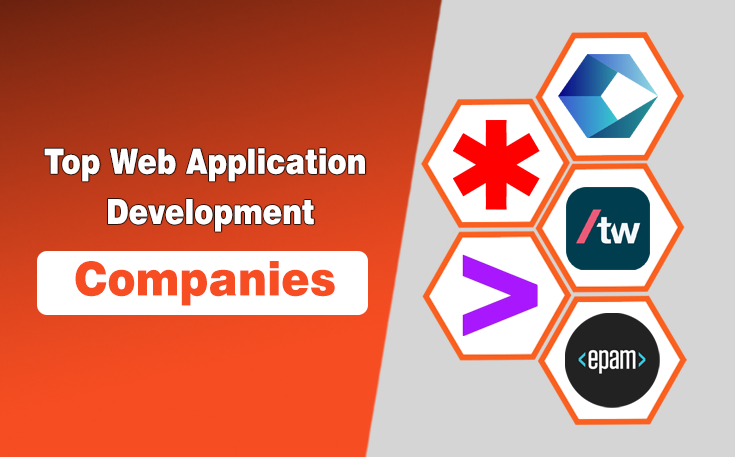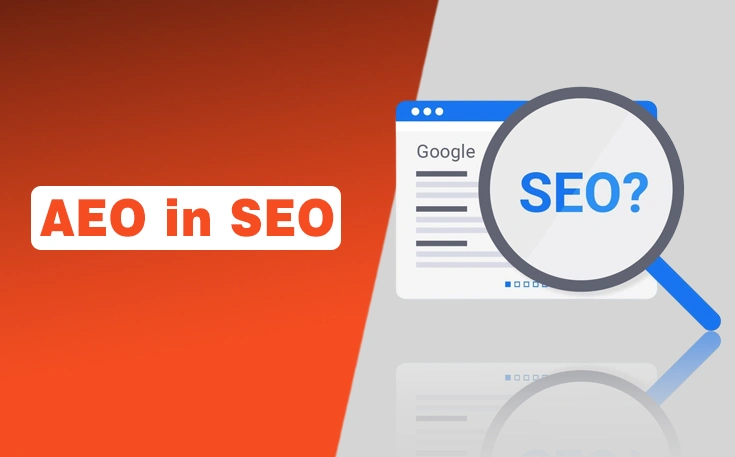As an SEO expert, you know how Google has become strict about encouraging and discouraging high and low-quality content respectively. In 2018, it rolled out the term E-A-T, which was then expanded to E-E-A-T later in 2022. It stands for Experience, Expertise, Authoritativeness, and Trustworthiness.
EEAT is being used by Google to judge the overall quality of a website and its content. Incorporating it into your content makes it people-first and increases your chances of getting ranked in the top search results. In this guide, I am going to discuss what is Google EEAT and how it will help you create people-first content.
Let’s start.
What is Google EEAT?
Google EEAT stands for Experience, Expertise, Authoritativeness, and Trustworthiness. It represents a piece of content that is written according to the guidelines of Google. It is a way of measuring how good a piece of information is provided by a blogger.
It’s not a direct ranking factor or signal but a simple quality standard. It is used by Google’s human employees to determine whether people are getting the most relevant and quality results according to their search queries.
Each component of EEAT judges different factors of a site while ranking it in the search results. So, SEO experts try to incorporate these factors in their sites as much as possible.

How Google EEAT Helps in Creating People-First Content?
People-first content is a piece of content that is written according to the search intent, needs, and interests of Internet users. It is created to help people instead of manipulating Google for ranking. To understand it, we first need to understand the main purpose of this search engine.
Google is designed to help people find relevant results of their queries on the first page so they don’t have to struggle to find them. Besides quick providing, the content also has to be of great quality.
In doing so, it only picks websites and webpages that follow a certain quality standard which is EEAT. As a result, blogs and sites with people-first content get high rankings and the general audience gets the answers they look for.
Breaking Down Google EEAT
Below, I have broken down each component of EEAT:
Experience (E):
The first “E” in Google EEAT stands for experience. It determines how much of a first-hand experience a person has about the topic they’re writing about. It matters in almost every type of content. However, its importance is a lot more in product or service reviews.
Whenever a person writes about a product, Google checks whether or not he has used the product on his own before ranking it. The same goes for using a service. The main reason why experience matters is that people believe in reviewers more than the service or product provider itself. So, Google tries to offer a legit review by having a first-hand experience.
How to incorporate Experience?
You can incorporate the “Experience” factor in your work in the following ways:
- Write reviews with the first-person perspective.
- Walk the reader through a fluent process by discussing each product element one by one.
- Use real images or screenshots.
- Try to add videos of a product you’re using.
- For services, try to explain to readers by actually subscribing and using it (with screenshots).
- Attach case studies relevant to the topic.
- Discuss customer reviews in detail
Expertise (E):
Expertise determines the level of expertise a website has in its respective field. There are many niches that require a high level of expertise before creating content including law firms, medical websites, etc.
They require proof which can be a certificate, license, degree, etc. It’s also important for less complicated websites related to things like technology, lifestyle, etc. These sites can add a separate section to describe how qualified they are to run a relevant website and share content about it. It doesn’t have to be a degree or certificate.
People can simply add a written description or a video of themselves explaining their expertise.
Another way to do it is by publishing authoritative work with relevant sources and citations to other high-quality pieces of content.
How to incorporate Expertise?
Here’s how you can add “Expertise” to your site:
- Provide proper personal information.
- Use any certification or license you have relevant to your website.
- Add information about your staff and their qualification level.
- Cite to authoritative and credible sources.
Authoritativeness (A):
Unlike Expertise where people vouch for their validity, Authoritativeness is all about other sources and sites vouching for the quality of a website. It represents how authentic the information that you offer in your content is.
Your content should include evidence and clarity about whatever topic you’re covering. It applies to all the niches of your website as well. They should be covered in an appropriate way with proper clarity. It makes the content useful and valid for people. As a result, Google increases your site’s ranking.
How to incorporate Authoritativeness?
Here’s how:
- Add relevant evidence of whatever statement you’re making.
- Cover each of your site’s topics with complete authority.
- Try to write unbiased content that is based on facts and figures.
Trustworthiness (T):
The last component of Google EEAT is Trustworthiness and it is the most important of all. According to Google, if a site doesn’t have Trustworthiness, it won’t get ranked even if it follows the other (EEA) factors.
So, it’s important to understand this factor.
It simply explains how accurate, accessible, and valid a website is according to the authentic information. There are a lot of things that are included in the Trustworthiness such as contact information, customer support, site security, etc. Advertising things with proper guidelines also helps increase your site’s value in within this factor.
How to incorporate Trustworthiness?
Here are some things you need to do for it:
- Add proper contact information including a valid email address.
- Make your site’s interface user-friendly.
- Offer accurate data and up-to-date data.
- Don’t hide your content behind a lot of advertisements.
- Advertise or affiliate with brands according to proper guidelines.
Conclusion
Google EEAT is one of the most important factors when it comes to ranking higher on search engine results. It’s a set of straightforward guidelines provided by Google about creating high-quality and valuable content.
It stands for Experience, Expertise, Authoritativeness, and Trustworthiness and all of these have to be incorporated into your website content. Make sure to follow the above-mentioned guidelines in order to fully create site content according to these guidelines.
Frequently Asked Questions (FAQs)
Is Google EEAT a ranking signal?
No. It’s not an official ranking signal but matters a lot in ranking.
Does Google use tools to judge EEAT?
No. Its human employees are responsible for judging EEAT.
Is it only applicable to blogs?
No. It is applicable to every website.
Need custom app with amazing features?
Get a Quote




